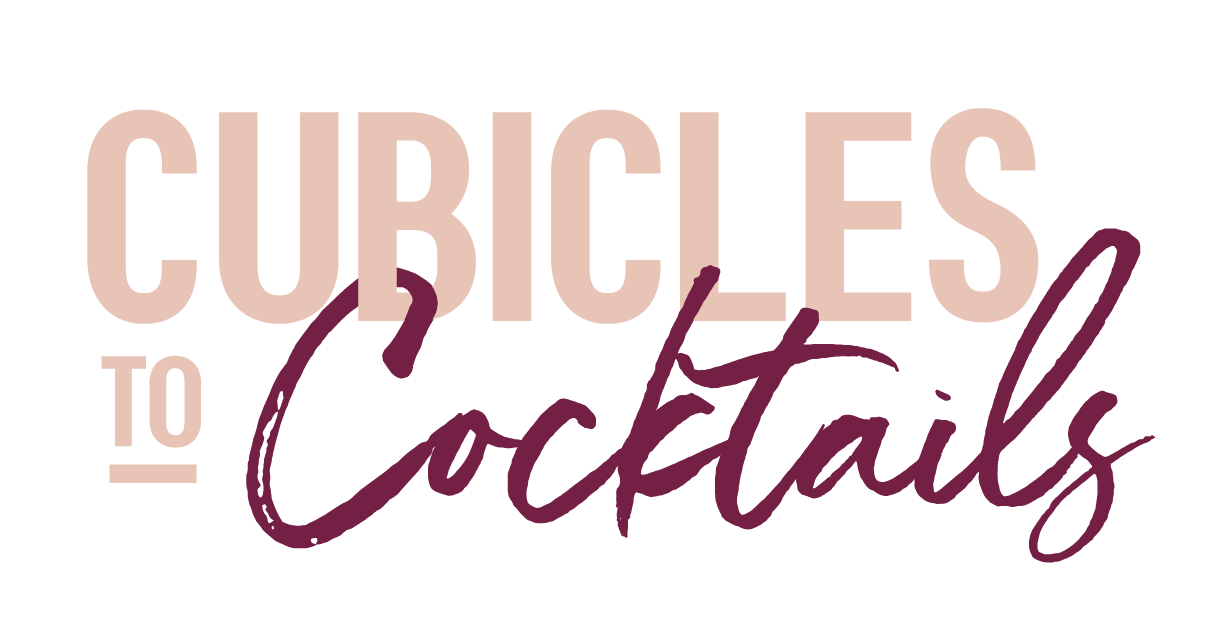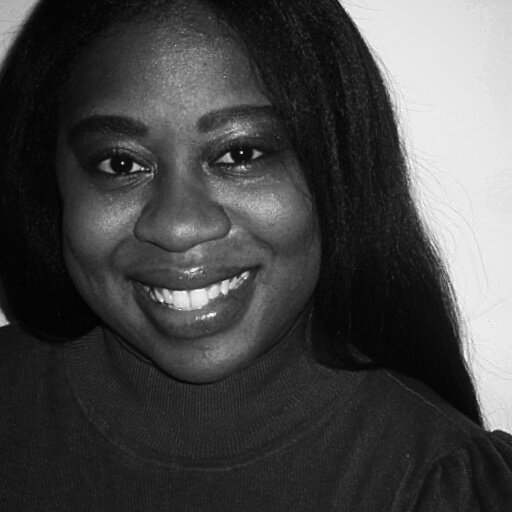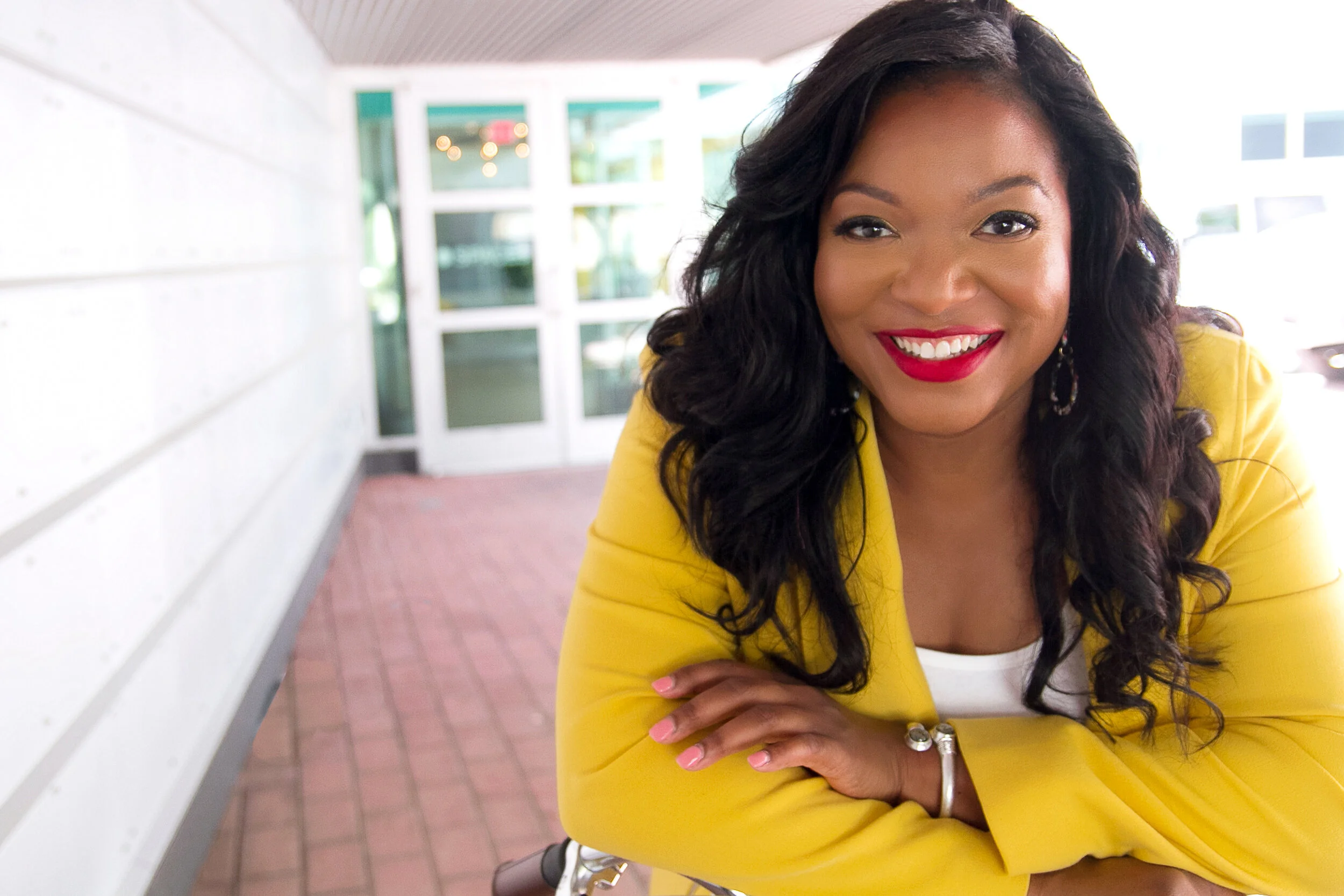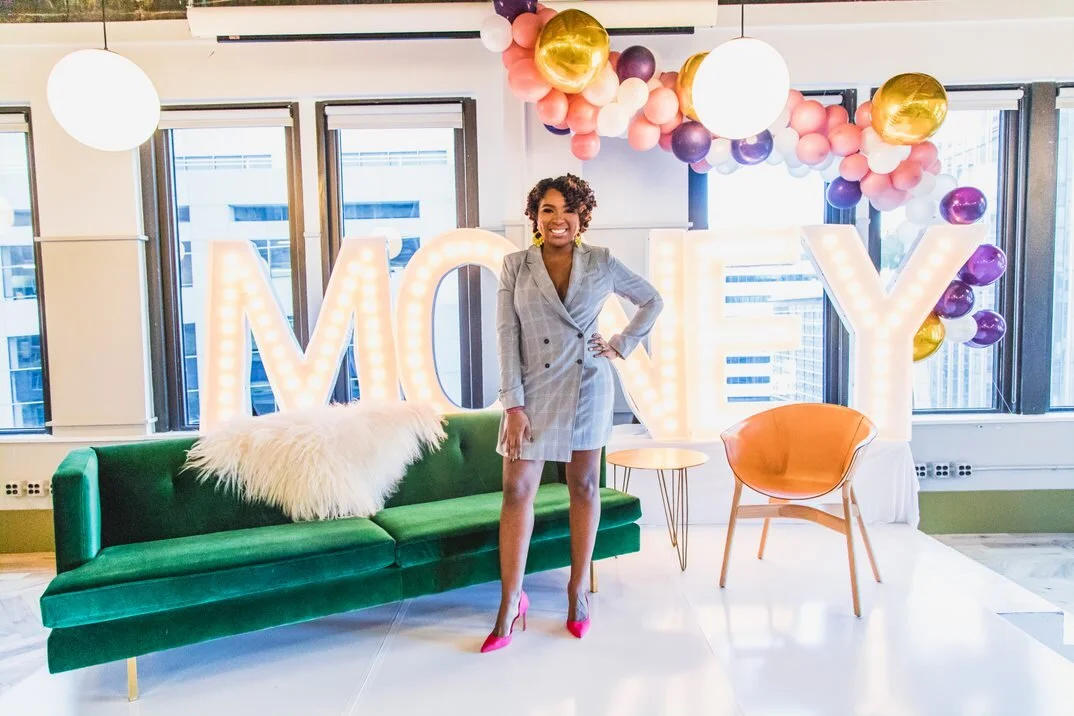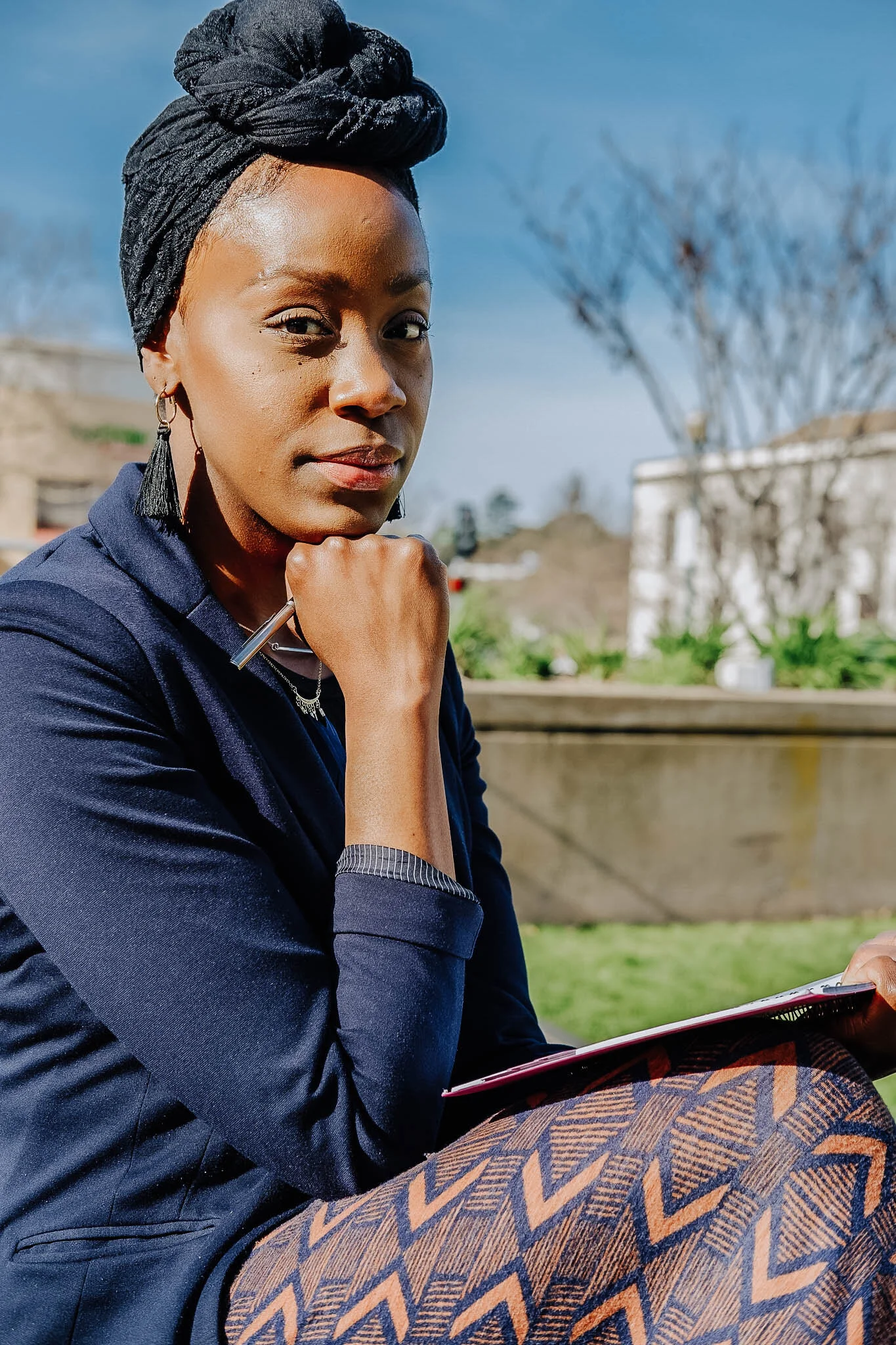What is Cryptocurrency? Demystifying Crypto with Expert Deidra Ramsey McIntyre
Photo by Executium
Three years ago, in the summer of 2018, I set out to learn more about money. With a background in finance and having worked for top banks, cryptocurrency was on everyone’s radar, but no one was really interested in pursuing the financial product as it is not regulated by any authority and banks cannot play fast and loose with investments.
Around the same time, JP Morgan released its internal payment/transfer tool based on blockchain technology and then eventually released its own coin a few months later. Goldman Sachs recently created a crypto trading desk that started with Bitcoin (BTC) and has also expanded to Ether (ETH). Alternative Investments are also on the rise with people looking to diversify their portfolios by including stakes in cryptocurrency. Let’s not even get into the staggered adoption of cryptocurrency as a payment option around the world.
So, what is blockchain?
Blockchain refers to a decentralized digital ledger of transactions that are confirmed by other users on a peer-to-peer network, these users are referred to as “miners.”. Miners use high-speed computers to complete this verification in nanoseconds. Once the transaction is confirmed (is the seller a real person? Do they have the cryptocurrency amount? How about the buyer?) it is added to the ledger in a block. Cryptocurrency refers to digital assets that use blockchain technology to buy, trade, and sell. This is achieved using wallets and internet exchanges, one of the most popular for individual users being Coinbase.
Whew! With all that information thrown at you, I would like to get to the meat of all this with the help of Deidra Ramsey McIntyre. I met Deidra in a Telegram chat group called “Black in Blockchain.” Deidra has done fantastic work in this space, including educating others and launching a website with a partner to educate those who are curious (be sure to check out their FAQ here).
Photo courtesy of Deidra Ramsey McIntyre
Hello Deidra! Give us a sketch of your background prior to getting into cryptocurrency and blockchain.
DM: By degrees, I am a journalist and teacher with a bachelor's from West Virginia University print journalism and a master's in education from Long Island University in Brooklyn. I worked a few years as a newspaper editor and reporter for small publications on Long Island and Brooklyn. However, at the same time I was freelancing for tech magazines, and working part-time as a producer for a software company. Near the end of the 90s, my dual career path landed me a position for an early social media company called theglobe.com. I was that startup’s first NYC hire; they had about 12 employees and were founded on the campus of Cornell University in upstate New York. All this was before social media sites like MySpace or Facebook existed. When I left that startup, I was burnt out. Eventually, just advised and produced small venture websites. Then I earned my master's degree. Taught high school students for five years. But continued throughout to either teach technology or produce client websites and social media properties. One of those clients would ask me to write a Bitcoin basics report for him. That was in 2016. That was my deep dive experience into the ecosystem.
What was the catalyst for you transitioning to the cryptocurrency sector?
DM: Franklin Madison, who passed away in 2020, was a nanotechnology venture capitalist. He DMed me and fellow Black People & Cryptocurrency admin, Bob Ponce, to help him understand why people were pitching him on Bitcoin-related ventures. I knew both Bob and Franklin because when I was working for theglobe.com we worked and produced an event together to get more people of color in the IT sector in NYC. In any case, Bob knew lots about it and figured I'd be better to put it in plain English for Franklin. I received the assignment in about September 2016 and finished it in early November. Around that time, there were no more than about 400 cryptocurrencies listed on Coin Market Cap but lots of buzz was coming because of the 2017 ICO boom. The document I wrote for Franklin would be the basis of Black People & Cryptocurrency's Bitcoin Basics guidebook. However, Black People & Cryptocurrency didn't launch until September 2017.
Who were some of your biggest influences when you first started out?
DM: I watched lots of YouTube videos. So, I would tune into Chris DeRose and Junseth. They were interviewing lots of ICO-bound founders and served as a great critical voice within the sector. I also had to catch up with the vocabulary of blockchain so I'd watch and listen for all the terms they used that I didn't understand so I could look up the phrases to better understand the community. I also watched lots of Amanda B. Johnson news briefs. She is a great communicator. As a novice, I could watch her reports and completely understand her news coverage. She would eventually leave general media for Dash coin.
What has been the biggest success on a project OR what are you most proud of accomplishing?
DM: Perhaps jumping into live streaming for the group. That was Bob's idea. He's an early dot-com podcaster and is a radio station host in Harlem. He basically said I had to stop writing because nowadays this generation mostly likes to watch for information. I knew he was right because I often do it myself. So we began early within the group in the fall of 2017 topics such as how to avoid an MLM crypto scam and how to create a paper wallet as a gift certificate were our first ones. Later, we did 1-on-1 interviews with the founder throughout 2018 and 2019. By 2020, we moved to multiple guests and in 2021, we debuted with a branded intro trailer and graphics. So it was the slow build into broadcasting even though I continued to write features and/or Op-Eds for Medium.
What do you think could be the future of cryptocurrency and blockchain?
DM: I am hopeful it will provide equity financial services for those who have been victimized by the failures in central banking. That could be a boon for all sorts of demographics and we can rid ourselves of biases as normative in banking such as Black farmers being underfunded or not receiving the best distribution deals or elimination of predatory lending, redlining, etc.
What do you think we need to be aware or cautious of?
DM: Marketing scams. Since the beginning of my experience there have always been the glitz and glamour of the One Coins and Bitconnects now we have SafeMoon and all the Doge copy coins that are heavily marketed as get-rich-quick schemes. End of the day, a project should be clear on its utility and meeting roadmap production marks. Be less wooed by those with marketing budgets paired with "someday" plans that go for years without any accomplishments.
What has been one of the biggest lessons you've learned being a part of this industry?
DM: To learn while doing something. I spend lots of time teaching others while behind the scenes reading new material and asking questions about other aspects of the sector. So do, teach, and keep studying and learning at the same time.
What are some of your favorite quotes (if any) do you use for inspiration, professionally and/or personally?
DM: "Discomfort is always a necessary part of enlightenment," Pearl Cleage.
About the Author
Amanda Baird is always on a journey to learn and evolve – in the past few years she’s explored social impact, blockchain, product management, and data science. To talk about entrepreneurship, career transitions, pop culture, and many other subjects, connect with her on LinkedIn.
